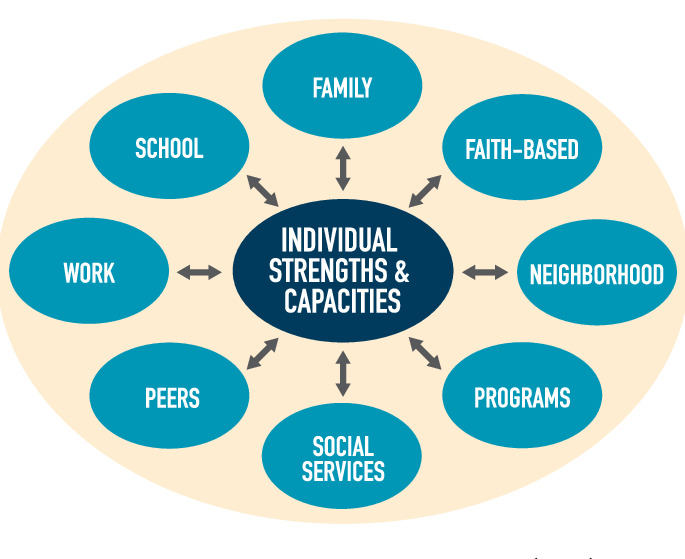Background
Approximately 1900 prisoners are released each day from US State and Federal prisons (Sabol, Minton, & Harrison, 2006). Recently released individuals are faced with challenges that are exacerbated by barriers created by policy and institutions. The majority of Americans who are incarcerated ultimately return to the community, leading to growing attention and legislation focused on the issues of reentry and the impact on justice impacted individuals, their families, and their communities.
Barriers to employment, quality healthcare, and community engagement with their children are known as “collateral consequences” individuals experience after their sentences are served and can interfere with successful community reintegration (Mauer & Chesney-Lind, 2002). These barriers place individuals in disadvantageous positions; nearly three-quarters of justice impacted individuals are rearrested within five years of their release (Durose, Cooper, & Snyder, 2014).
Despite these barriers, a population of individuals who have been in conflict with the justice system have gone on to experience great success. Overcoming unemployment, denials from institutions of higher education, and mental health concerns connected with their incarceration. Research is mixed in determining whether traumas experienced by these individuals prior to or during their incarceration forge a personal resiliency, and if this effects their acceptance of help and building of meaningful relationships. These relationships establish a strong network of social support that provides relationship, resources, and social capital known as webs of support.

